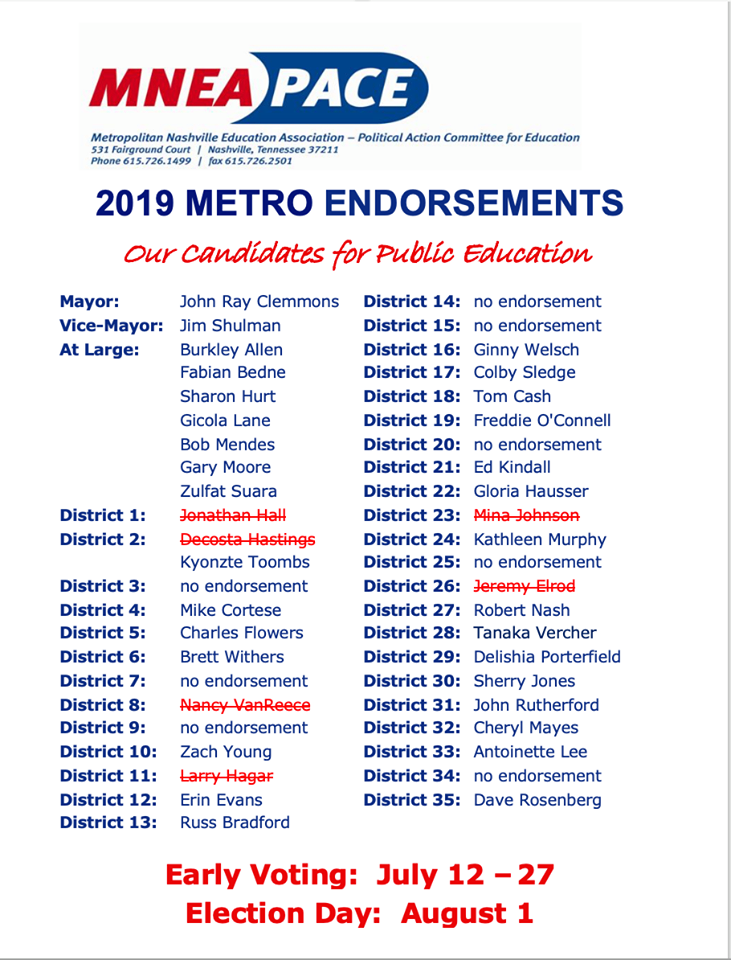Shaka Mitchell, the head of the Tennessee branch of Betsy DeVos‘s school privatization group American Federation for Children, joined two other school privatization advocates in penning an OpEd calling on legislators to ignore legitimate concerns about the way in which the plan passed in the House.
Mitchell’s piece suggests an urgency to moving forward with the incredibly expensive Education Savings Account (ESA) scheme. He glosses over the fierce resistance to vouchers from across the state and fails to mention the win-at-all-costs tactics of voucher advocates that ultimately led to the plan’s passage this year.
Readers may remember Mitchell as the charter school leader who ran Nashville’s Rocketship schools into the ground.

In fact, while Mitchell was failing in his attempts to expand Rocketship, the State Board of Education noted:
In fact, Rocketship’s appeal to the State Board was rejected last year in part because of low performance:
“They did have a level 5 TVAAS composite, which is the highest score overall you can get in growth,” Heyburn said. “But their achievement scores are really low, some of the lowest in their cluster and in the district.”
The MNPS review team addressed this as well:
In summary, with no additional state accountability data to consider, and no compelling evidence presented that provides confidence in the review team, converting an existing low-performing school before Rocketship has demonstrated academic success on state accountability measures would not be in the best interests of the students, the district, or the community.
And then there’s this:
According to the Metro Schools letter, Rocketship is not providing services to children with special learning needs, like English language learners and students with disabilities.
The notice was sent from Metro Nashville Public School’s top administrators after a monitoring team with the Tennessee Department of Education came in to conduct a routine audit of special services, primarily programs adhering to The Elementary and Secondary Education Act (ESEA) and The Individuals with Disabilities Education Act (IDEA).
It’s pretty amazing that the guy who literally failed in helping kids when he was in charge of a school is now telling the Tennessee legislature they should heed his advice about education policy. Of course, it’s not at all surprising that Mitchell ignores the evidence that vouchers have simply failed to improve student achievement in state after state. After all, in spite of his troubled past at Rocketship, Team DeVos gave Mitchell a safe landing space. Rather than walking humbly after a fall, though, Mitchell continues boldly making pronouncements on how to fix Tennessee schools.
While Shaka Mitchell and his privatizing friends ignore the facts, lawmakers would do well to ignore their advice. Instead, the General Assembly should move to protect Tennessee’s public schools from a private school welfare scheme that has failed everywhere it has been tried.
For more on education politics and policy in Tennessee, follow @TNEdReport
Your support — $2, $4, or $6 today — helps make publishing education news possible.




